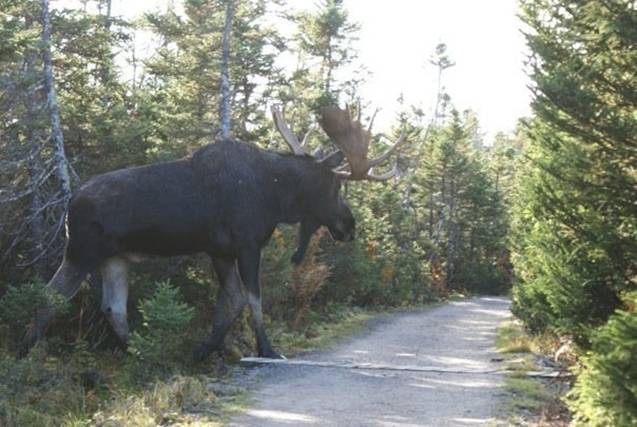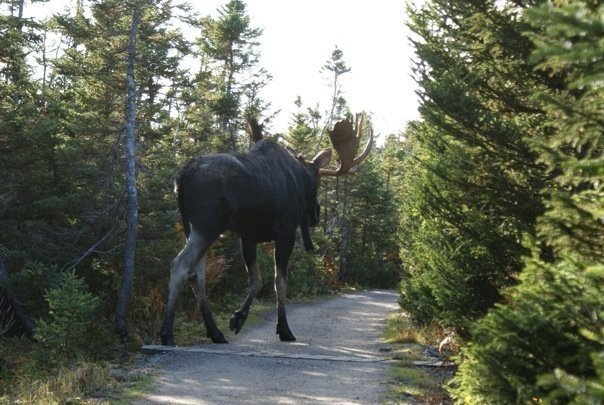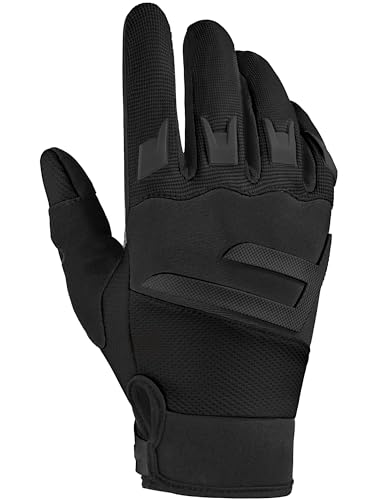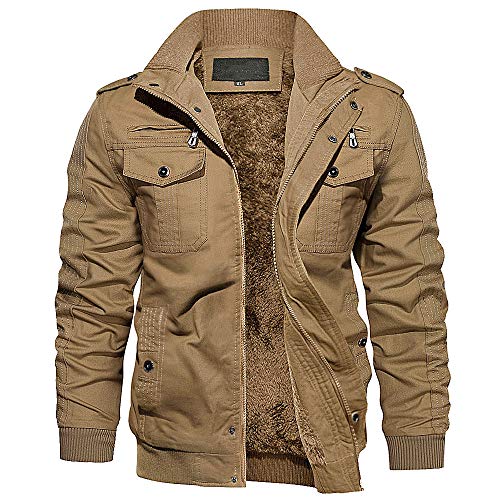BugR
Well-known member
Although most of this is up one the CFR web site I'd thought I'd start a cross thread to assist folks who have never traveled in the area with some of the basics. If you have any tips of your own then please added them
First thing
Yes this is Quebec and the principal language is French.
Don't panic in most of the larger towns you will find that most folks do speak some English and if you are looking for basic supplies i.e beer, than read further.
To be honest you will probably have an easier time than me since with a heavy english accent I'm virtually unintelligible to the average francophone or actually to most Canadians and Americans in general.
The signage is in French.
Nord is North
Sud is South
Est is East
Ouest is West (This has caught me out once while navigating down town Montreal).
If you get disorientated check the road number
In Quebec odd numbered roads go North \ South, Even Numbers go East\ West
Note this is not true in Ontario
Road conditions can vary quite extensively in the area as these northern roads can sustain severe frost heave during the winter.
Caution should be used unless a sighting run has been done as the roads can change literally in mid bend from perfect pavement to heavily damaged. Sand and gravel can be present in the corners though by late June most of that has been washed away.
The area is heavily forested and has a healthy deer, moose and black bear population.
Cell phone service outside the towns can be very patchy to almost non- existent.
For all the above reasons it is recommended that you avoid riding at night, riding by yourself and if you have one bring your Spot Tracker.
The general population density is low, outside of the major towns the roads are punctuated by small lake side hamlets and cottage communities.
Posted road speeds outside of the villages is 90 Km\h and is only loosely regulated (general rule of thumb is stay under posted limit +20 km and you should be fine).
Inside the villages the limits are much more rigorously applied.
Since the rally is being held mid week outside of the towns the roads will be pretty empty.
Watch for kids in the villages and logging trucks can pop out of the woods at any point.
Gas can be hard to find and the economy is taking its toll on the small village pumps.
Unless you have a confirmed gas station start looking when 1/2 empty.
Road Numbers in Quebec
Remember if you are lost Even numbers run East-West, Odd number run North-South.
In Quebec the 300 series roads are your preferred choice (In Ontario it's the 500 series roads.)
If it starts with a 3 then it's worth at least one run.
Gas can be hard to find.
100 series roads are usually 'improved' 300 series roads.
They are usually the main traffic routes and I only usually use them as transit routes.
You will find gas though all along a 100 series road.
Backroad Riding
If you are dependent on your GPS take care.
The back roads in the area are brilliant but only 10% only of them are paved. Note as you go North and West in Quebec that unpaved % rises quite quickly.
Most are quite rideable if dry, most GPS maps though are not very reliable in the area. A Topo map is required.
If you notice some large gap between the 300 north south routes that is because there is usually a very large park or reserve in the area.
None of the roads will be paved.
Typical backroad condition and hazard (No these are not my pictures but that is a full single track road not a trail)


The SQ

Law enforcement in Quebec outside of the major cities is done by The Sûreté du Québec or SQ.
If you do have a encounter with the SQ then I suggest you be on your best behavior.
They can be pretty hard arsed and known for giving out tickets for minor equipment variations.
They also like to play the "no speak english game" with out of province license plates but most of them speak very good english so don't assume that they can't understand you and say something you might regret.
Make sure you have original vehicle and insurance documents on you, not photocopies, they do not like those.
If you ride with a radar detector and they find it you will lose your radar detector. (Generally true in Canada until you hit Alberta and BC)
If you do meet a moose or the SQ you will be looking for a beer or something stronger.
If you are looking for basic supplies in some of the smaller villages look out for a dépanneur or corner store, they will have everything including beer and wine you will probably need.
In the larger towns look for a SAQ sign (Société des Alcools).
Chris
First thing
Yes this is Quebec and the principal language is French.
Don't panic in most of the larger towns you will find that most folks do speak some English and if you are looking for basic supplies i.e beer, than read further.
To be honest you will probably have an easier time than me since with a heavy english accent I'm virtually unintelligible to the average francophone or actually to most Canadians and Americans in general.
The signage is in French.
Nord is North
Sud is South
Est is East
Ouest is West (This has caught me out once while navigating down town Montreal).
If you get disorientated check the road number
In Quebec odd numbered roads go North \ South, Even Numbers go East\ West
Note this is not true in Ontario
Road conditions can vary quite extensively in the area as these northern roads can sustain severe frost heave during the winter.
Caution should be used unless a sighting run has been done as the roads can change literally in mid bend from perfect pavement to heavily damaged. Sand and gravel can be present in the corners though by late June most of that has been washed away.
The area is heavily forested and has a healthy deer, moose and black bear population.
Cell phone service outside the towns can be very patchy to almost non- existent.
For all the above reasons it is recommended that you avoid riding at night, riding by yourself and if you have one bring your Spot Tracker.
The general population density is low, outside of the major towns the roads are punctuated by small lake side hamlets and cottage communities.
Posted road speeds outside of the villages is 90 Km\h and is only loosely regulated (general rule of thumb is stay under posted limit +20 km and you should be fine).
Inside the villages the limits are much more rigorously applied.
Since the rally is being held mid week outside of the towns the roads will be pretty empty.
Watch for kids in the villages and logging trucks can pop out of the woods at any point.
Gas can be hard to find and the economy is taking its toll on the small village pumps.
Unless you have a confirmed gas station start looking when 1/2 empty.
Road Numbers in Quebec
Remember if you are lost Even numbers run East-West, Odd number run North-South.
In Quebec the 300 series roads are your preferred choice (In Ontario it's the 500 series roads.)
If it starts with a 3 then it's worth at least one run.
Gas can be hard to find.
100 series roads are usually 'improved' 300 series roads.
They are usually the main traffic routes and I only usually use them as transit routes.
You will find gas though all along a 100 series road.
Backroad Riding
If you are dependent on your GPS take care.
The back roads in the area are brilliant but only 10% only of them are paved. Note as you go North and West in Quebec that unpaved % rises quite quickly.
Most are quite rideable if dry, most GPS maps though are not very reliable in the area. A Topo map is required.
If you notice some large gap between the 300 north south routes that is because there is usually a very large park or reserve in the area.
None of the roads will be paved.
Typical backroad condition and hazard (No these are not my pictures but that is a full single track road not a trail)


The SQ

Law enforcement in Quebec outside of the major cities is done by The Sûreté du Québec or SQ.
If you do have a encounter with the SQ then I suggest you be on your best behavior.
They can be pretty hard arsed and known for giving out tickets for minor equipment variations.
They also like to play the "no speak english game" with out of province license plates but most of them speak very good english so don't assume that they can't understand you and say something you might regret.
Make sure you have original vehicle and insurance documents on you, not photocopies, they do not like those.
If you ride with a radar detector and they find it you will lose your radar detector. (Generally true in Canada until you hit Alberta and BC)
If you do meet a moose or the SQ you will be looking for a beer or something stronger.
If you are looking for basic supplies in some of the smaller villages look out for a dépanneur or corner store, they will have everything including beer and wine you will probably need.
In the larger towns look for a SAQ sign (Société des Alcools).
Chris
Last edited by a moderator:


































































